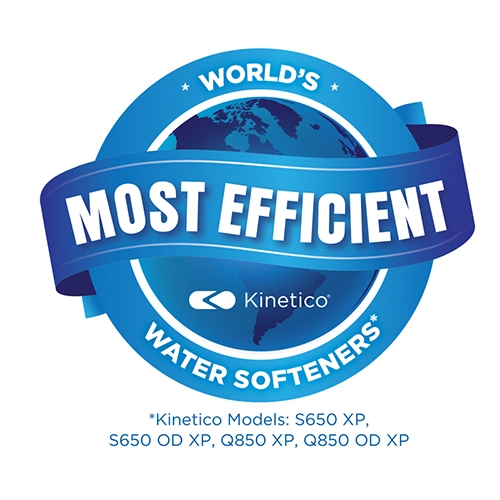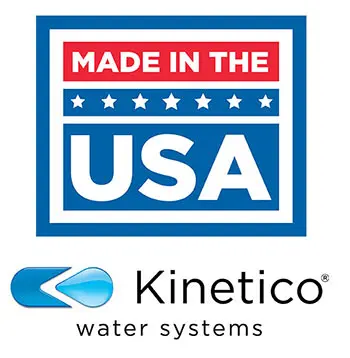Do I need an Iron Filter and a Water Softener?
99% Client Satisfaction
Industry Leading Warranty
Family Owned & Operated
Emergency Services
Financing Available
Do I need an Iron Filter and a Water Softener?
High levels of iron can be present in water if local soil contains natural iron that seeps into water tables and aquifers. Even low levels can cause problems such as corroded plumbing, brown staining on equipment and unpleasant tasting water.
A water softener is designed to remove calcium and magnesium from hard water but can also remove other minerals, including iron. But whether it does it effectively enough prompts the questions ‘do I need an iron filter and a water softener?’
Types of Iron and their Removal
Although iron is important for your health, it’s only necessary in small amounts and an excess can be a problem. Iron in your water can come in three forms and these determine how they can be removed:
- soluble ferrous iron is commonly known as ‘clear water iron’ because it’s completely dissolved in water
- insoluble ferric iron (‘red water iron’) occurs when the iron is exposed to air, oxidization turning it a reddish-brown color; this type of iron won’t dissolve in water and forms on pipes, periodically breaking loose to create rust in your water
- iron bacteria forms slimy rust deposits comprising iron, oxygen and living organisms; these deposits quickly clog pipes and appliances, and can only be removed by physical cleaning followed by scrubbing and chemical treatment to kill the bacteria.
Since a water softener can remove iron from water, it may be assumed that this alone will solve the problem of excess iron in your water. However, there are several drawbacks that suggest a separate iron filter may be necessary.
A water softener employs an ion exchange process where the water is run through tiny resin beads so that calcium, magnesium, iron and other minerals attach to them and so are removed from the water supply. This process will only really work effectively for soluble ferrous iron where the water has little oxygen and low pH levels, preventing the iron oxidizing to form ferric iron that won’t dissolve.
Ferric iron will adhere to the resin media in the same way as other minerals but, once there, it’s difficult or impossible to remove when regenerating in the same way that calcium and magnesium are flushed out. This will prevent the equipment softening the water effectively and iron deposits will periodically break off into the water supply. Inevitably, some ferrous iron will convert to ferric iron during the process and so a water softener alone is rarely capable of removing all the iron.
The Best Combination of Equipment
The presence of iron in your water may be obvious but, if not, a free water test will determine if it’s there and to what extent. The test will also identify the presence of other contaminants and if your water is hard.
Hard water will require the use of a water softener to prevent limescale build-up that causes pipes to clog, appliances to fail and washing and cleaning to be less effective. This may be combined with other treatments, including an iron filter, to remove all contaminants.
Filtering out the iron before softening the water will ensure the water softener works efficiently and your water is pure and soft. At Aqua Pro Water Systems, we can arrange and interpret your water test and install a system that will give optimum results.








